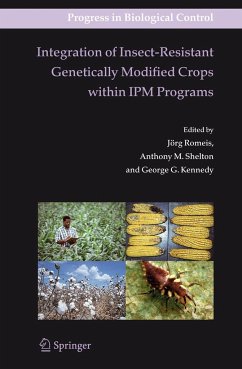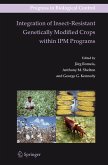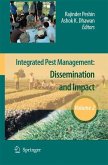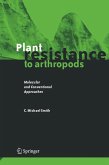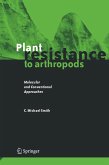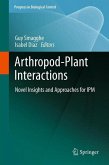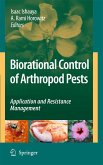Insect pests remain one of the main constraints to food and fiber production worldwide despite farmers deploying a range of techniques to protect their crops. Modern pest control is guided by the principles of integrated pest management (IPM) with pest resistant germplasm being an important part of the foundation. Since 1996, when the first genetically modified (GM) insect-resistant maize variety was commercialized in the USA, the area planted to insect-resistant GM varieties has grown dramatically, representing the fastest adoption rate of any agricultural technology in human history. The goal of our book is to provide an overview on the role insect-resistant GM plants play in different crop systems worldwide. We hope that the book will contribute to a more rational debate about the role GM crops can play in IPM for food and fiber production.
From the reviews:
"The book has 14 Chapters contributed by 42 authors. ... Each chapter is supported by an extensive list of references. This excellent book will surely contribute to a rational debate about the role of GM technology in crop production when a growing human population is demanding an improvement in food production. It should be read by all those involved in the debate ... ." (Graham Matthews, Crop Protection, Issue 1, 2008)
"The book has 14 Chapters contributed by 42 authors. ... Each chapter is supported by an extensive list of references. This excellent book will surely contribute to a rational debate about the role of GM technology in crop production when a growing human population is demanding an improvement in food production. It should be read by all those involved in the debate ... ." (Graham Matthews, Crop Protection, Issue 1, 2008)

